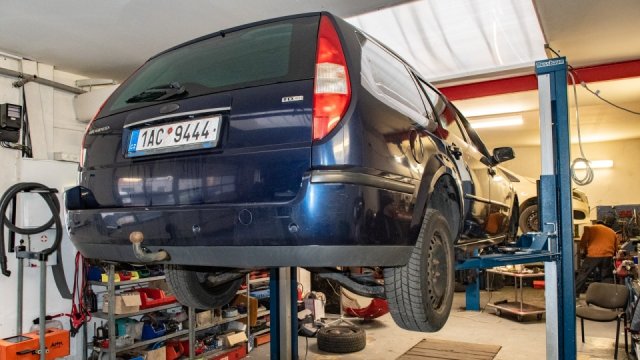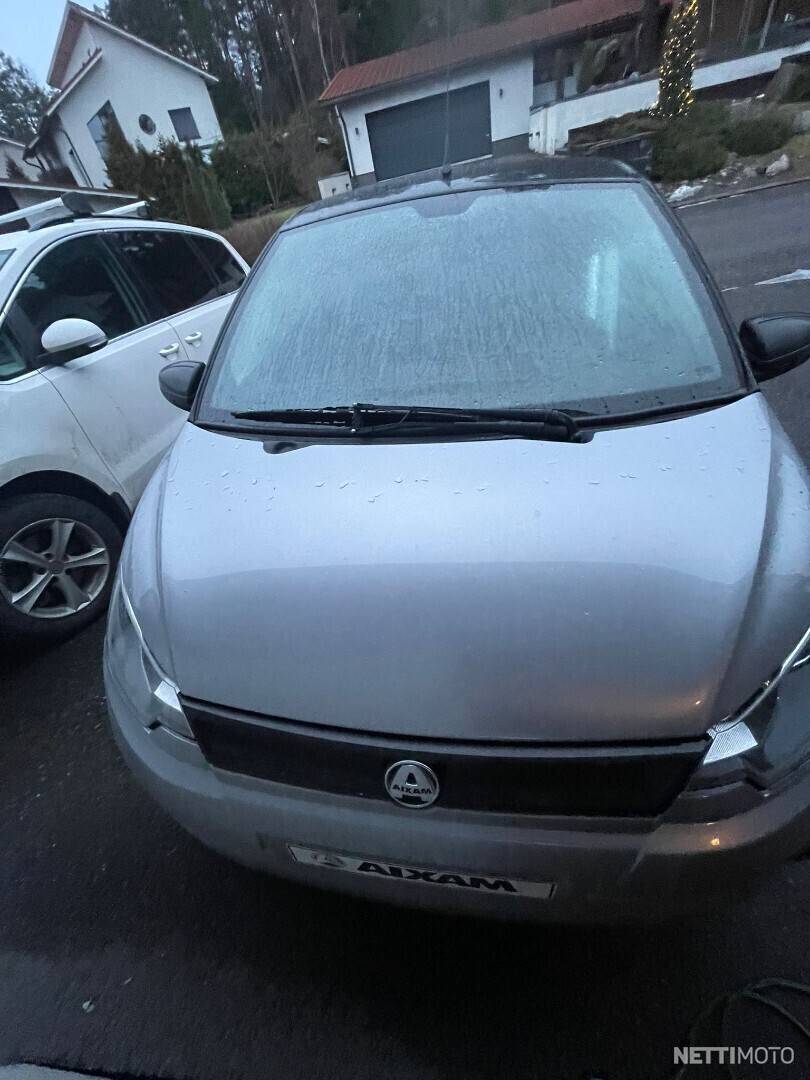
Honda Accord 2.4iA executive Tourer, Xenon-valot, juuri huollettu, hyvät nastat Station Wagon 2005 - Used vehicle - Nettiauto

Volkswagen Golf 2,0 TDI 103 kW (140 hv) 4MOTION 4-ovinen Comfortline Hatchback 2008 - Used vehicle - Nettiauto

Volkswagen Passat Variant R-Line 2,0 TSI 140 kW DSG-automaatti - Matrix-Led / Webasto / Navi / ACC / Koukku CNY-142 | Autoliike KymppiPlus

Koupili jsme ojeté naftové kombi za 12 tisíc korun. Má spoustu problémů, ale jdou levně vyřešit | Autosalon TV


















